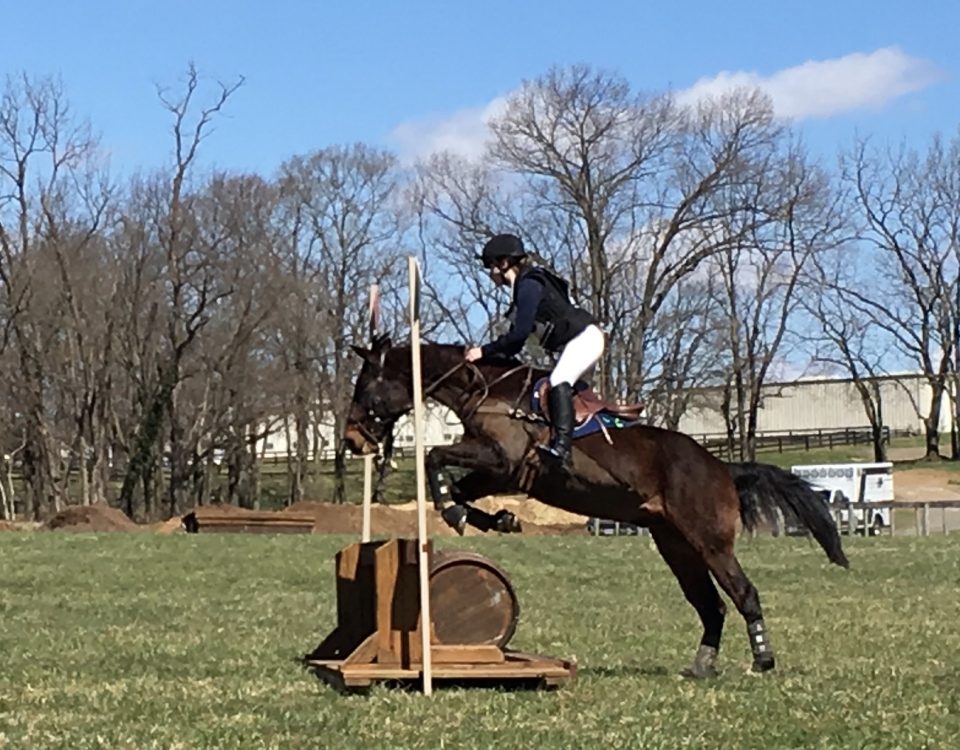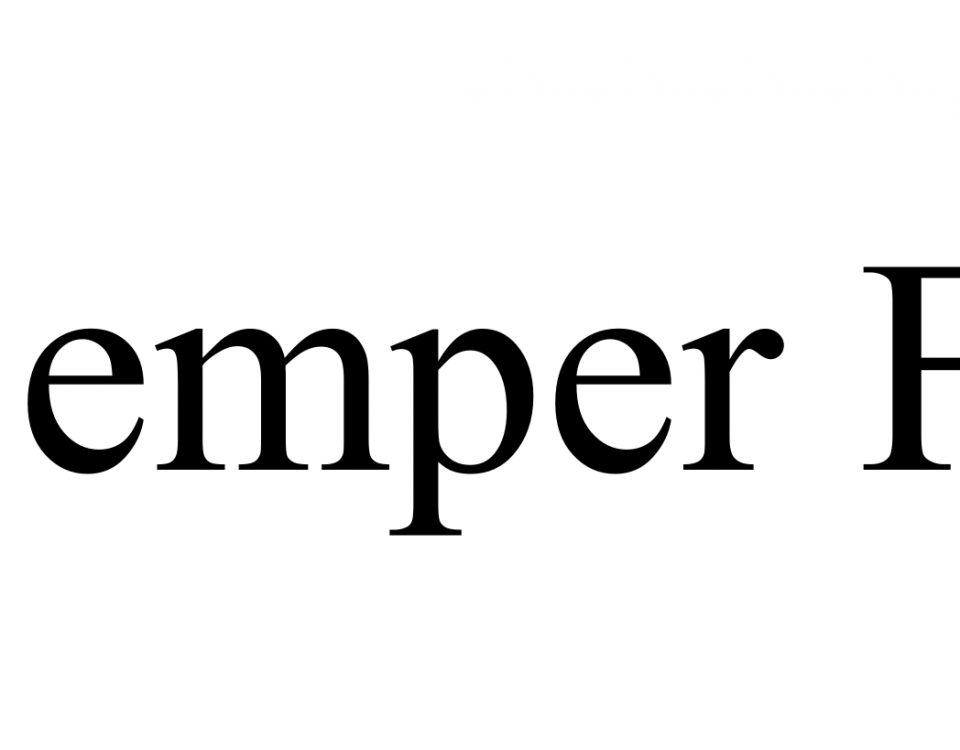Coach to the Talent On Your Team
The closest circumstance to a meritocracy we have in our orbit is found in the world of sports. With few exceptions, sports teams field the finest talent with the highest chance of success. A baseball manager or football coach in the professional ranks who does NOT get fired is the exception. The shelf life of these guys is brief. Win or get axed. Half of NFL coaches have been in their roles for less than three years. They do not have the luxury of abiding mediocrity.
These coaches provide feedback and modify their colleagues’ performance far differently than is likely the case with your employer or your subordinates.
Workplace reviews typically address performance via basic assessments of strengths and weaknesses. A review template will identify various success factors and the supervisor dutifully completes the performance review by articulating where the employee shines and where the employee has opportunities for improvement.
I imagine this is not news to you.
The halo effect is a well-known dynamic whereby the overall impression of the employee creeps into all aspects of the review; ergo a highly regarded employee may receive a review which does not adequately assess areas of weakness. Supervisors will often tone down the negative, ostensibly for fear of alienating a strong performer. I suspect this makes sense to many of us.
As well, a poor performer from an overall perspective may have areas of strength not adequately reflected. In this case perhaps a different term than halo effect would make sense.
Reviews stereotypically focus quite a bit of energy on determining how an employee can get better in the identified areas needing improvement. How would this compare to our meritocracy of professional sports?
A good example highlighting this disparity is that of Dennis Rodman. Dennis Rodman is one of the finest defenders and rebounders in the history of basketball. He starred on many outstanding teams with different franchises. He was an animal pursuing rebounds and in particular when he was young was considered nonpareil as an on-the-ball defender. Yet Dennis could not shoot. My wife can shoot about as well as Rodman and my wife stinks at basketball. Dennis Rodman is in the Basketball Hall of Fame yet basically was awful in shooting and was not much of a passer either.
How much of the team practice sessions do you imagine were devoted to having Dennis work on his shooting or passing? Did Coach determine that Rodman could not be abided as a starter with lousy free throw shooting, with no real ability to provide assists or points? Or, rather, did the coach generally work on game plans which put Dennis in positions to help the team win? Did the coach assign Dennis to guard the least dangerous opponent? of course not. Did Dennis get plays called for him to shoot? No. The plays as diagrammed put him in position to hit the boards, hard. On defense Dennis Rodman was essentially told, “Dennis, that guy has your ball. Go get it.” And he did that. Aggressively and with great fervor.
If you have employees reporting to you, I suggest you specifically identify what qualities your employees have individually as strengths and to the best of your ability put your employees in position to use those skills. Spend much more time magnifying their strengths as they perform their tasks; put them in circumstances where they over and over are expected to deploy those strengths. Indeed, keep them away from circumstances which highlight their weaknesses. Do not be a knucklehead and spend your time and energy trying to shove a square peg in a round hole. Rather than do that, keep putting your square pegs in square holes.
If you have employees reporting to you, then you are a professional coach. Amongst your roles, the responsibility of putting your colleagues in positions to succeed is among the most important. Important insofar as team success, fomenting individual successes, and providing developmental opportunities. I submit you develop staff less rapidly when you focus growth expectations on blinding weaknesses than you do when you bring illumination to areas of strength.
Coach to the talent on your team.





